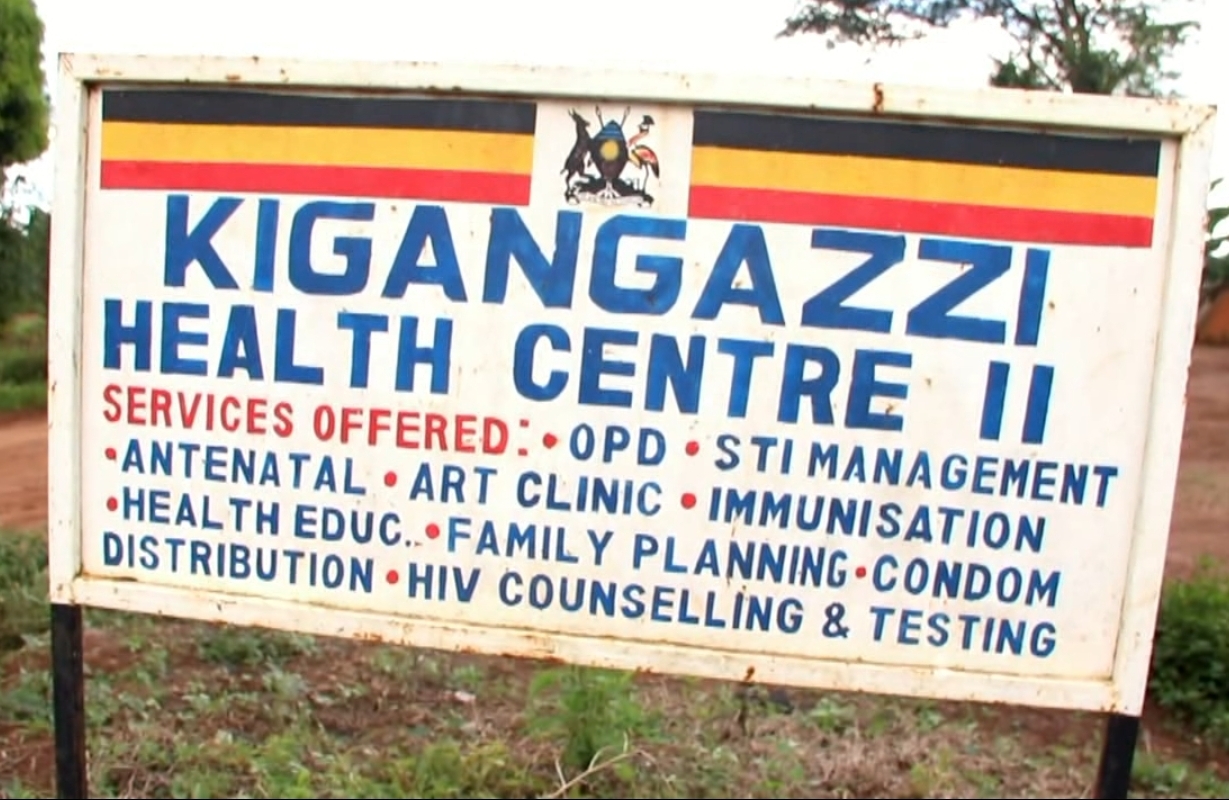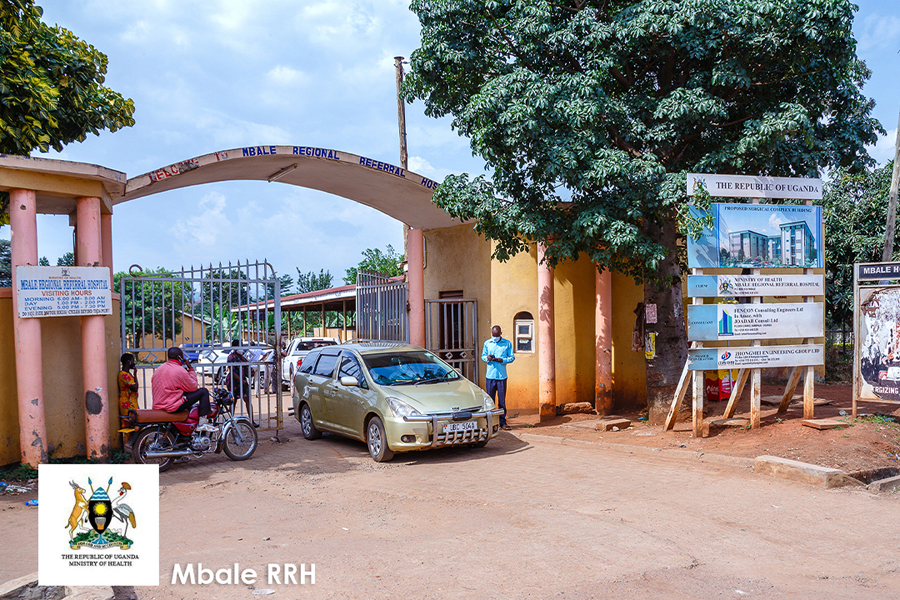Uganda Embraces Vocational Education to Empower Youth and Drive Economic Growth
In Uganda, vocational education is emerging as a powerful tool for equipping youth with the skills and knowledge needed to succeed in today's competitive job market and contribute to the country's socio-economic development. With a growing emphasis on practical training and hands-on learning, vocational education is gaining momentum as a viable pathway to empowerment and prosperity for Ugandan youth.
The Importance of Vocational Education:
Keep Reading
In a rapidly evolving global economy, traditional academic pathways alone may not adequately prepare students for the diverse demands of the workforce. Recognizing this, Uganda has increasingly prioritized vocational education as a means of bridging the skills gap, fostering entrepreneurship, and promoting inclusive growth. By offering specialized training in sectors such as agriculture, construction, hospitality, healthcare, and information technology, vocational education equips students with tangible skills that are in high demand in the job market.
Expanding Access and Opportunities:
Efforts to expand access to vocational education have gained momentum in Uganda in recent years. The government, in collaboration with development partners and civil society organizations, has invested in the establishment of vocational training centers, technical institutes, and polytechnics across the country. These institutions provide a range of certificate and diploma programs tailored to meet the needs of diverse learners, including school leavers, out-of-school youth, and adults seeking to upgrade their skills.
Curriculum Innovation and Industry Partnerships:
To ensure relevance and quality, vocational education curricula are designed in consultation with industry stakeholders to align with market demands and emerging trends. Industry partnerships play a crucial role in providing students with access to internships, apprenticeships, and job placement opportunities, facilitating a seamless transition from education to employment. By fostering collaboration between academia and industry, vocational education programs equip students with real-world experience and practical skills that enhance their employability and entrepreneurship prospects.
Empowering Youth and Promoting Social Inclusion:
Vocational education has the potential to empower marginalized and vulnerable groups, including women, refugees, persons with disabilities, and rural populations, by providing them with pathways to economic independence and social inclusion. By breaking down barriers to access and fostering a culture of inclusivity, vocational education contributes to poverty reduction, gender equality, and sustainable development.
Entrepreneurship and Innovation:
One of the key pillars of vocational education in Uganda is fostering a spirit of entrepreneurship and innovation among students. Through entrepreneurship training, business development support, and access to microfinance, vocational graduates are empowered to launch and grow their own businesses, create employment opportunities, and drive local economic development. By nurturing a culture of innovation and enterprise, vocational education fuels economic growth and fosters resilience in the face of global challenges.
Future Outlook and Challenges:
While Uganda has made significant strides in advancing vocational education, challenges remain, including limited funding, infrastructure deficits, inadequate teacher training, and perceptions of vocational education as a second-tier option. Addressing these challenges will require sustained investment, policy reforms, and public awareness campaigns to promote the value and importance of vocational education as a pathway to prosperity and self-reliance.
Conclusion:
As Uganda charts its course towards a knowledge-based economy and inclusive society, vocational education stands as a cornerstone of its development agenda. By equipping youth with practical skills, fostering entrepreneurship, and promoting social inclusion, vocational education holds the key to unlocking Uganda's human capital potential and building a brighter future for generations to come.

















